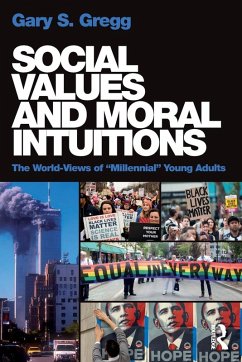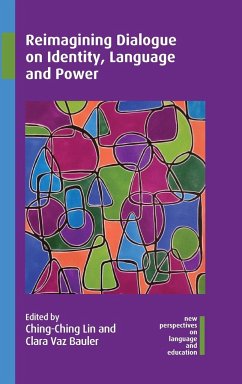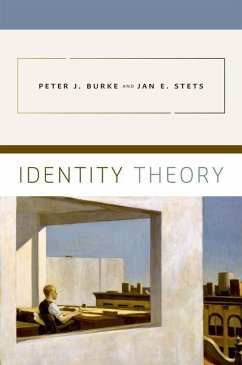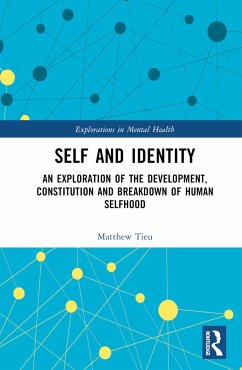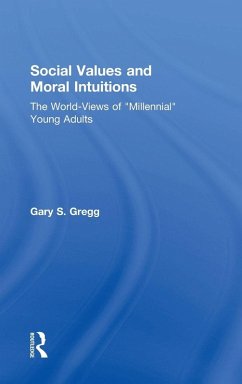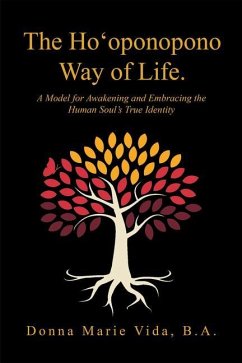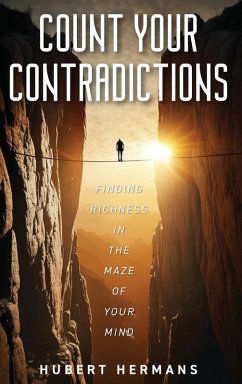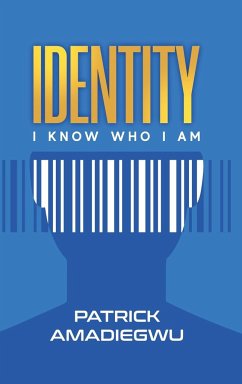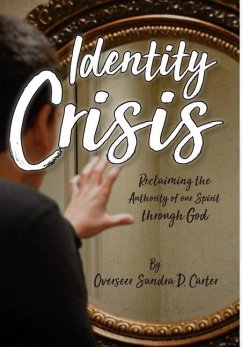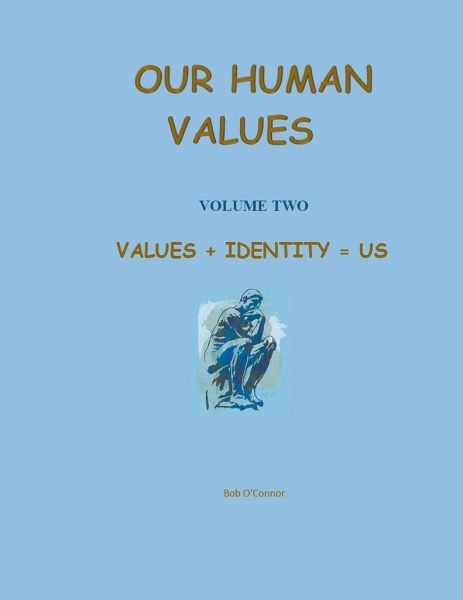
Values + Identity = Us
Versandkostenfrei!
Versandfertig in 1-2 Wochen
10,99 €
inkl. MwSt.

PAYBACK Punkte
5 °P sammeln!
Volume One illustrated how our values are based on unprovable basic assumptions (self-centered, God-based, and society based). This volume brings additional elements into play since there are more to our identities, our self-concepts, than our values alone. The end of the volume analyzes how we may select and use the various types of evidence and apply them to our basic assumptions to validate, or rationalize, them. It is hoped that most people's identities will include interests in their societies. We therefore delve into some problems, particularly American--since they have so many!! Volume ...
Volume One illustrated how our values are based on unprovable basic assumptions (self-centered, God-based, and society based). This volume brings additional elements into play since there are more to our identities, our self-concepts, than our values alone. The end of the volume analyzes how we may select and use the various types of evidence and apply them to our basic assumptions to validate, or rationalize, them. It is hoped that most people's identities will include interests in their societies. We therefore delve into some problems, particularly American--since they have so many!! Volume III will deal with combining the different types of evidence with the three types of basic assumptions--showing that the values of we, the people, are relative, as opposed to the objective values that prelates of religions and many philosophers of religion would have us believe. But, if we can agree on the basic assumption and the type of evidence that will give us the most probable effective outcomes, perhaps we can move closer to an objective agreement on values.





